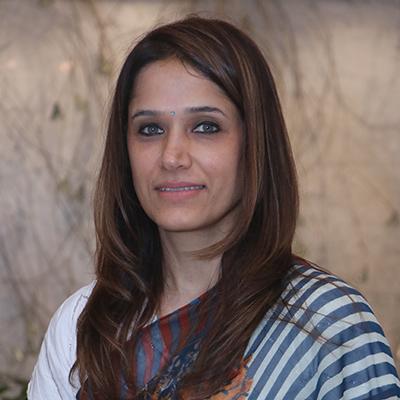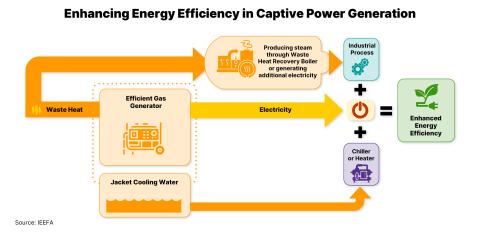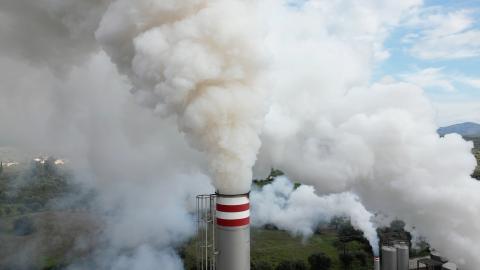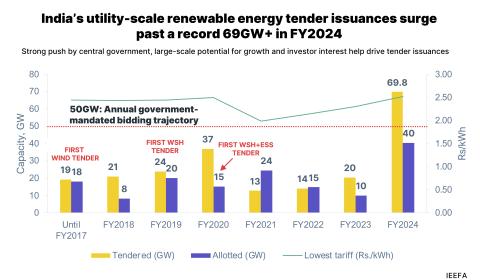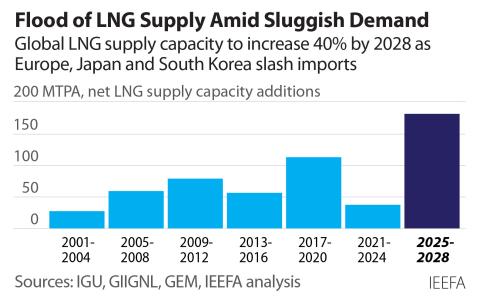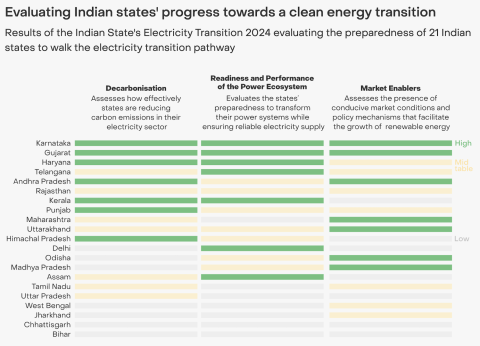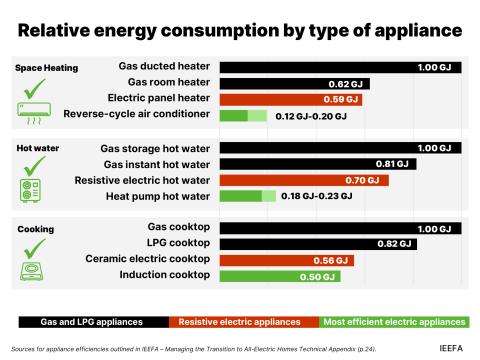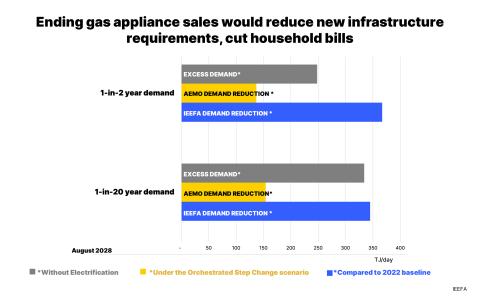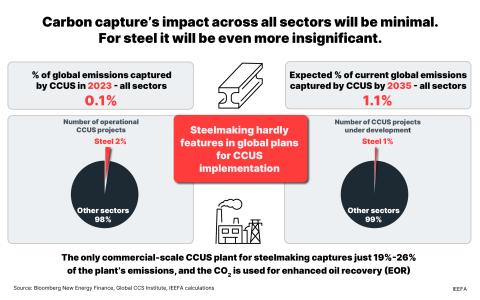Strong central government push drives India’s renewable energy tender issuances to a record 69GW

Government’s ambitious target for utility-scale projects far surpassed in FY2024 yet a few obstacles to progress remain
Key Takeaways:
A record 69+ gigawatts (GW) of renewable energy tenders were issued in fiscal year (FY) 2024, easily exceeding the government’s target of 50GW.
The rising prominence of state-based tendering agencies underlines the potential of India's renewable energy sector.
From FY2020-24, the proportion of hybrid renewable energy tenders increased from 16% to 43%.
Large-scale renewable energy projects in India have been the focus of intense interest from both domestic and international players, as evidenced by tender issuances crossing a record 69 gigawatts (GW) on the back of a strong push by the central government, according to a new joint report by the Institute for Energy Economics and Financial Analysis (IEEFA) and JMK Research & Analytics.
The report highlights that the tenders issued for utility-scale renewable energy projects in FY2024 was much higher than the government’s seemingly ambitious target of 50GW.
“After a slump from 2019 to 2022 due to supply-chain issues and global price spikes brought on by the COVID-19 pandemic and Russia’s invasion of Ukraine, the market has rebounded and gone from strength to strength,” says the report’s contributing author, Vibhuti Garg, Director – South Asia, IEEFA.
“There is strong investor interest in the Indian utility-scale renewable energy market. The primary reasons are the large-scale potential for market growth, central government support in terms of targets and regulatory frameworks, and higher operating margins,” she adds.
The report also took note of the innovations in the kinds of renewable energy tendering, including India’s first large-scale offshore wind tender issued this year, totalling 4GW and a 500MW concentrated solar + thermal storage tender to follow next year.
In addition, there has been an exponential rise of tender issuance for energy storage systems (ESS) projects, which will form a crucial part of India’s renewable energy infrastructure.
“Energy offtakers’ preference for a less intermittent and improved profile of renewable energy output has increased considerably,” says the report’s contributing author Jyoti Gulia, Founder, JMK Research.
“Since the introduction of hybrid tenders in 2018, renewable energy tendering has witnessed a strong shift in momentum from solar and wind to hybrid and renewable energy plus ESS. The emphasis on output power quality will continue to strengthen in coming years,” she adds.
In FY2024, solar and wind tenders comprised just more than half (57%) of the renewable energy tenders issued in FY2024. The remainder are wind-solar hybrid, and renewable energy combined with ESS.
Of the tenders awarded in FY2024, only a quarter were from the Solar Energy Corporation of India, highlighting the important role that state-level tendering authorities will play in the utility-scale renewable energy landscape.
“Gujarat-based Gujarat Urja Vikas Nigam Limited (GUVNL) has already firmly established itself as one of the leading tendering entities in India. Similarly, the rising prominence of other state-level entities, such as Rajasthan-based Rajasthan Urja Vikas Nigam Limited (RUVNL), underlines the vibrancy of the renewable energy tendering ecosystem,” says the report’s co-author Prabhakar Sharma, Senior Consultant, JMK Research.
The report also found that location was not a constraint for about 80% of the tenders awarded and auctions conducted in FY2024. “Developers have the flexibility to set up anywhere in India with Inter-State Transmission System (ISTS) connectivity to facilitate power delivery,” says the report’s co-author Ashita Srivastava, Senior Research Associate, JMK Research.
Regarding the profile of developers, the report finds that in the past two years, more than 10 new developers entered the utility-scale renewable energy market in India. Notable entrants include BluPine Energy, backed by global equity investment firm Actis, and BrightNight, a US-based independent power producer (IPP) that has pledged to invest US$1 billion in India in the next five years.
While there is momentum in the utility-scale renewable energy market with innovative tenders and investor interest, there are persistent challenges in the execution of these tenders. The 40% import duties on solar modules and the requirement for developers to purchase locally manufactured components remain concerns for the industry.
“Solar module prices have halved since August 2022, however this trend has not translated to solar tariffs,” says Sharma.
“The reason for this is the double barrier to solar imports in the form of basic custom duties and approved list of models and manufacturers, or ALMM. Even when the government exempted ALMM during FY2024, a hefty 40% BCD on solar module imports kept procurement costs equally high,” he adds.
Despite the challenges, the report highlights that tendering activity in FY2024 reaffirms that the broader renewable energy market in India is well on course to reach its target of 500GW by 2030.
“Market stakeholders believe that annual tendering capacity will again cross the national target of 50GW in FY2025. At the same time, allotment will also accelerate as unawarded tenders from FY2024 conclude their auctions in FY2025,” says Gulia.
Read the report: Utility-Scale Renewable Energy Tendering Trends in India
Media contact: Prionka Jha ([email protected]) Ph: +91 9818884854
Author contacts: Prabhakar Sharma ([email protected]); Ashita Srivastava ([email protected]); Vibhuti Garg ([email protected]); Jyoti Gulia ([email protected])
About IEEFA: The Institute for Energy Economics and Financial Analysis (IEEFA) examines issues related to energy markets, trends, and policies. The Institute’s mission is to accelerate the transition to a diverse, sustainable and profitable energy economy. (ieefa.org)
About JMK Research & Analytics: JMK Research & Analytics provides research and advisory services to Indian and international clients across renewable energy, electric mobility and the battery storage market. (www.jmkresearch.com)



